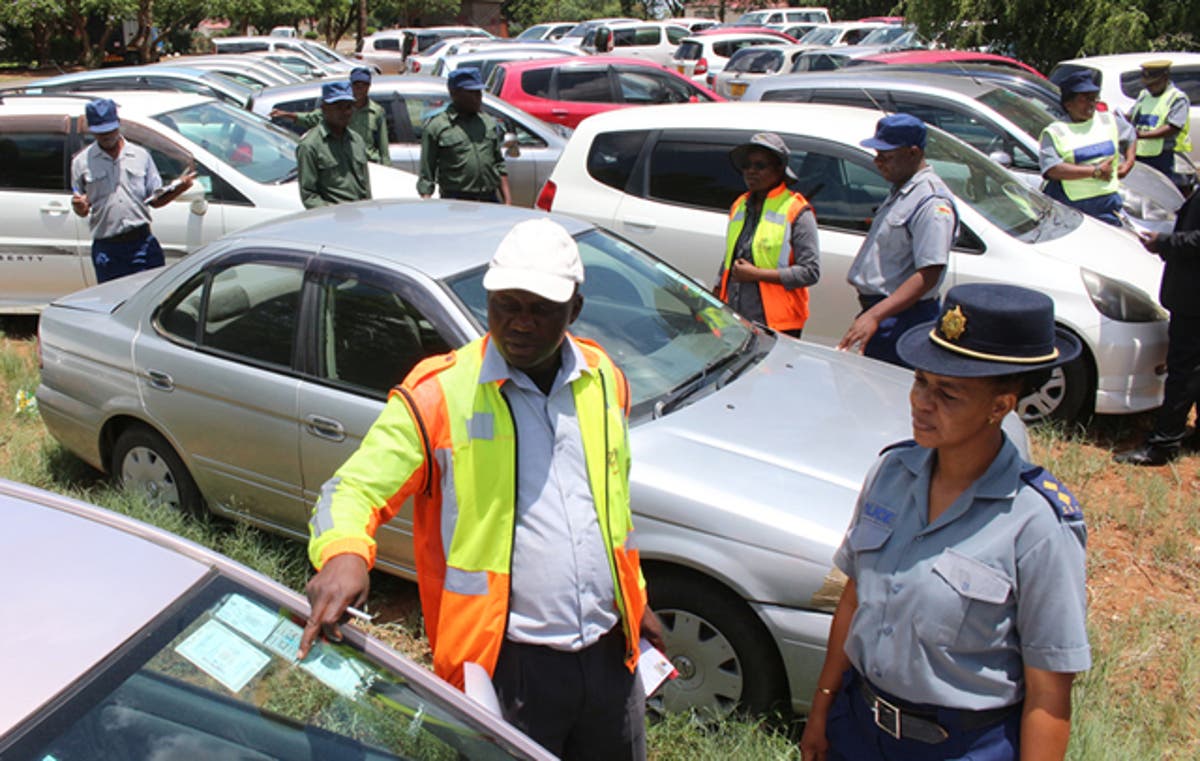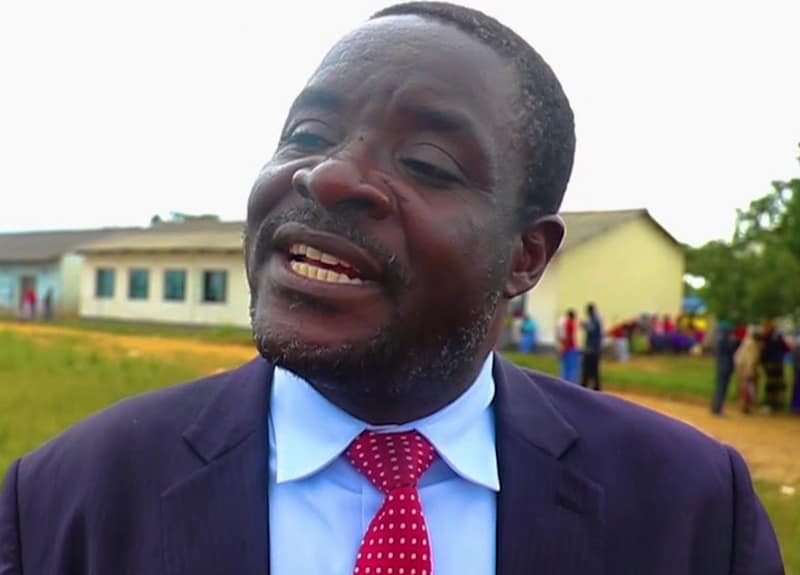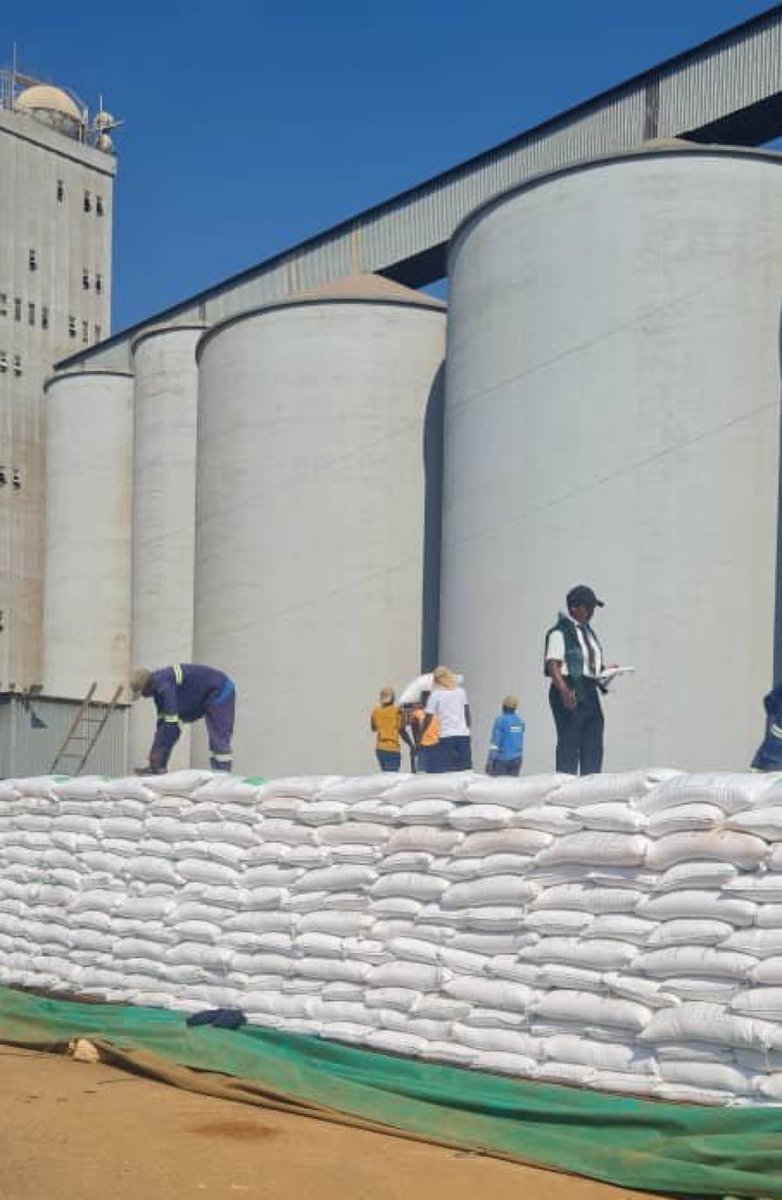Zimbabwe has implemented a total ban on importing second-hand cars older than 10 years, requiring owners to send them back to the country of purchase at their own cost. The new regulation, outlined in Statutory Instrument 54 of 2024, replaces the previous requirement for import licenses and aims to curb the import bill while promoting the local motor industry. Certain vehicles like commercial and specialized ones remain exempt from the ban.
The Zimbabwean government has enacted a significant change in its automotive import regulations, imposing a complete ban on the importation of second-hand cars that are over 10 years old from the date of manufacture. This new measure, outlined in Statutory Instrument 54 of 2024, was gazetted by the Minister of Industry and Commerce, Mangaliso Ndlovu.
Under the updated regulations, any individual caught importing second-hand vehicles aged 10 years or older will now be obligated to bear the expense of re-exporting the vehicle to its country of origin. This move marks a departure from the previous requirement, which mandated obtaining an import license from the Ministry of Industry and Commerce for vehicles older than 10 years.
However, there are exceptions to this ban. Commercial vehicles, tractors, haulage trucks, earth-moving equipment, and other specialized vehicles commonly used in mining and construction sectors are still permitted for importation.
The decision to implement this ban aligns with previous statements made by Finance, Economic Development, and Investment Promotion Minister, Mthuli Ncube, in the 2020-2021 budget statement. Minister Ncube had emphasized the need to contain the country’s import bill and bolster the domestic motor industry. He highlighted that Zimbabweans had spent approximately US$1.3 billion on importing buses, light commercial, and passenger motor vehicles between 2015 and September 2020, despite existing local assembly capacity.
Minister Ncube further underscored concerns regarding the quality and safety of imported vehicles, noting instances of unroadworthy vehicles entering the market due to a lack of effective standards and regulation. In light of these factors and in alignment with the National Development Strategy 1, Minister Ncube proposed the removal of second-hand motor vehicles older than 10 years from the open general import license.
Consequently, each imported vehicle will now require a special import license, reflecting the government’s broader strategy to promote value addition and enhance standards within the automotive sector.
This significant policy shift aims to reduce Zimbabwe’s reliance on imported vehicles, stimulate domestic manufacturing, and ensure the safety and quality of vehicles circulating within the country.














